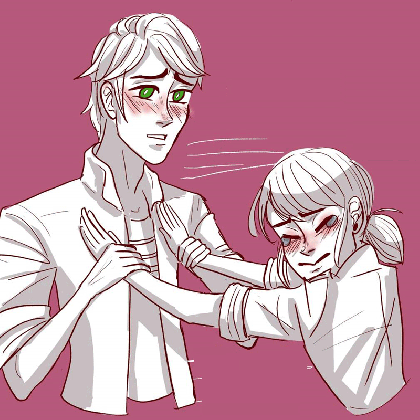How to Stop Sabotaging Your Relationship
Have you ever noticed yourself pulling away just when things start to feel good in your relationship? Or maybe you start unnecessary arguments when intimacy grows? If so, you’re not alone. Many people unintentionally sabotage their relationships because of fear, past wounds, or deep-seated beliefs.
The encouraging news? You can learn to recognize these patterns and shift them, opening the door to the secure, loving connection you truly want.
What Does Relationship Self-Sabotage Look Like?
Relationship self-sabotage happens when you unknowingly engage in behaviors that push away the closeness you crave. This can show up as:
- Starting arguments over trivial issues
- Testing your partner’s commitment repeatedly
- Avoiding vulnerability or emotional closeness
- Overthinking and expecting the worst
- Distancing yourself when you begin to feel connected
Often, these patterns are rooted in fear of rejection or abandonment, or in discomfort with closeness due to past experiences.
Signs You May Be Undermining Your Relationship
If any of these resonate, you might be unknowingly sabotaging your relationship:
- Constantly worrying your partner will leave without evidence
- Pushing your partner away when you feel emotionally close
- Frequently finding faults and criticizing your partner
- Creating drama when things feel calm because calm feels unfamiliar
- Holding back your needs, then resenting your partner for not meeting them
- Having difficulty accepting love, kindness, or compliments
- Shutting down during disagreements instead of expressing yourself
Recognizing these signs with self-compassion is the first step toward breaking the cycle.
Why Do We Sabotage Relationships?
These behaviors often have deep roots, including:
- Fear of Vulnerability: Letting someone in can feel threatening if you’ve been hurt before.
- Low Self-Worth: Believing you’re unworthy of love can lead you to test or reject your partner’s affection, and it can lead to unhealthy relationshiop choices.
- Attachment Wounds: Growing up with inconsistent or unavailable caregivers may lead you to expect the same in adult relationships.
- Fear of Rejection or Abandonment: You may push away closeness as a way to protect yourself from potential heartbreak.
Steps to Stop Sabotaging Your Relationship
Here’s how you can start shifting these patterns:
1. Build Self-Awareness
Begin by noticing when you act in ways that undermine your connection. Track moments when you feel triggered:
- What happened before you reacted?
- What fear or belief surfaced?
- How did you respond?
Awareness creates the space to make different choices.
2. Identify Your Triggers and Core Fears
Ask yourself:
- “What am I afraid will happen if I let this person in?”
- “Do I believe I’m worthy of love?”
Understanding your fears and core beliefs helps you address them rather than acting them out.
3. Communicate with Honesty
When you feel like withdrawing or starting a fight, pause and express your feelings directly:
“I’m feeling scared about how close we’re getting, and I don’t want to push you away.”
Encourage your partner to share their feelings too and listen intently. Mutual vulnerability strengthens connection and reduces the urge to sabotage.
4. Challenge Unhelpful Thoughts
If you catch yourself thinking:
- “They’re going to leave me.”
- “They don’t really love me.”
Ask:
- “Is this thought based on facts, or is it coming from past fears?”
- “What evidence do I have that supports a different perspective?”
5. Practice Self-Compassion
Remember, these patterns were once ways you tried to protect yourself, even if they no longer serve you. Be kind to yourself as you learn new ways of relating.
6. Seek Professional Support
If these patterns feel hard to shift alone, working with a therapist can help you unpack deeper fears and learn to build healthier, secure relationships.
Final Reflection
Self-sabotage in relationships is common, but it doesn’t have to shape your future. By recognizing these patterns and taking consistent steps, you can build relationships where you feel secure, seen, and loved.
Remember:
- Awareness creates choice.
- Vulnerability deepens trust.
- Self-compassion supports growth.
You deserve a relationship where love and safety coexist, and ways to maintain happiness in your relationship will be come important to learn.
Take Action This Week
If you’re ready to stop pushing away love, start by noticing your patterns this week. Try one small action—pause before reacting, or share a fear honestly with your partner—and observe how it shifts your connection.



















